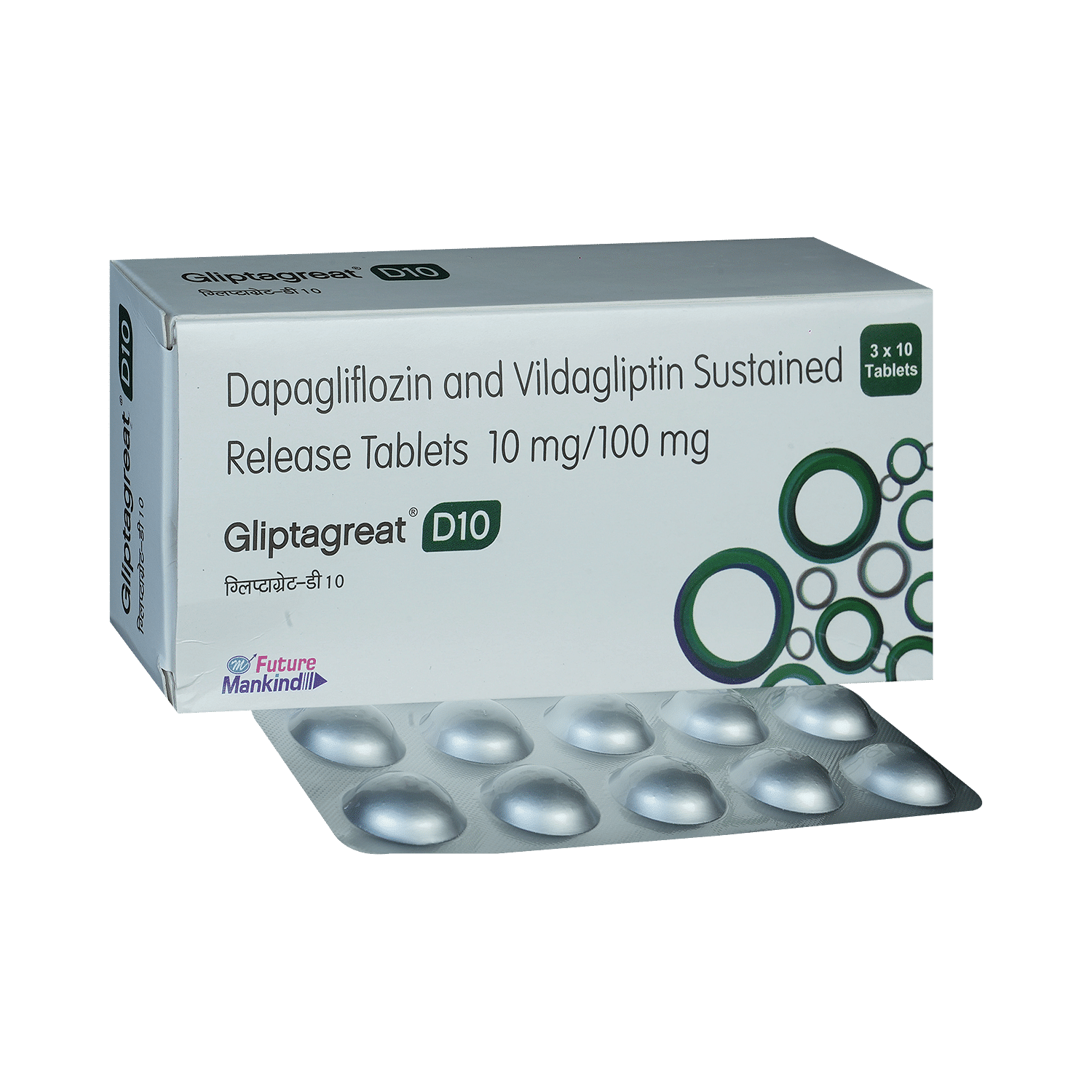
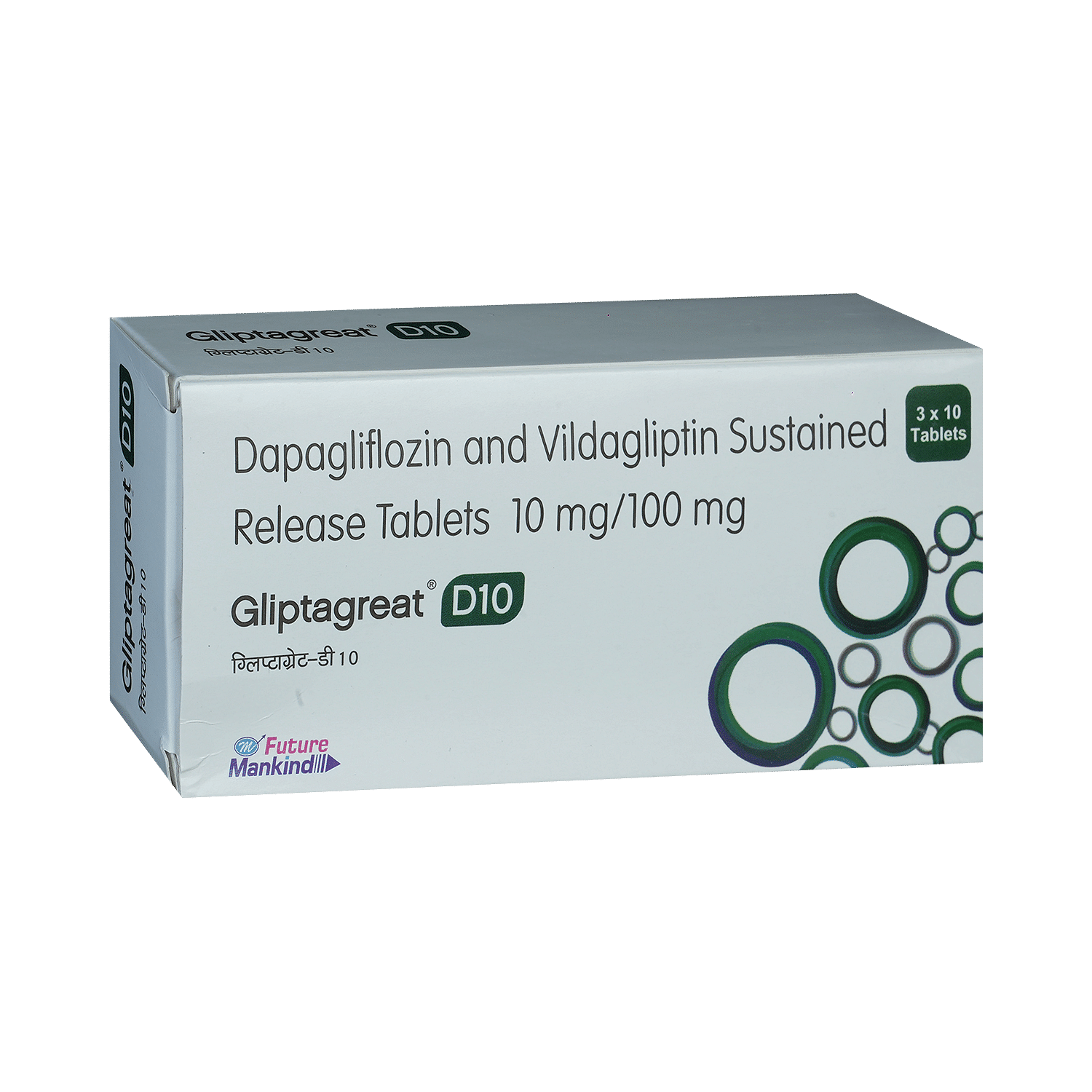
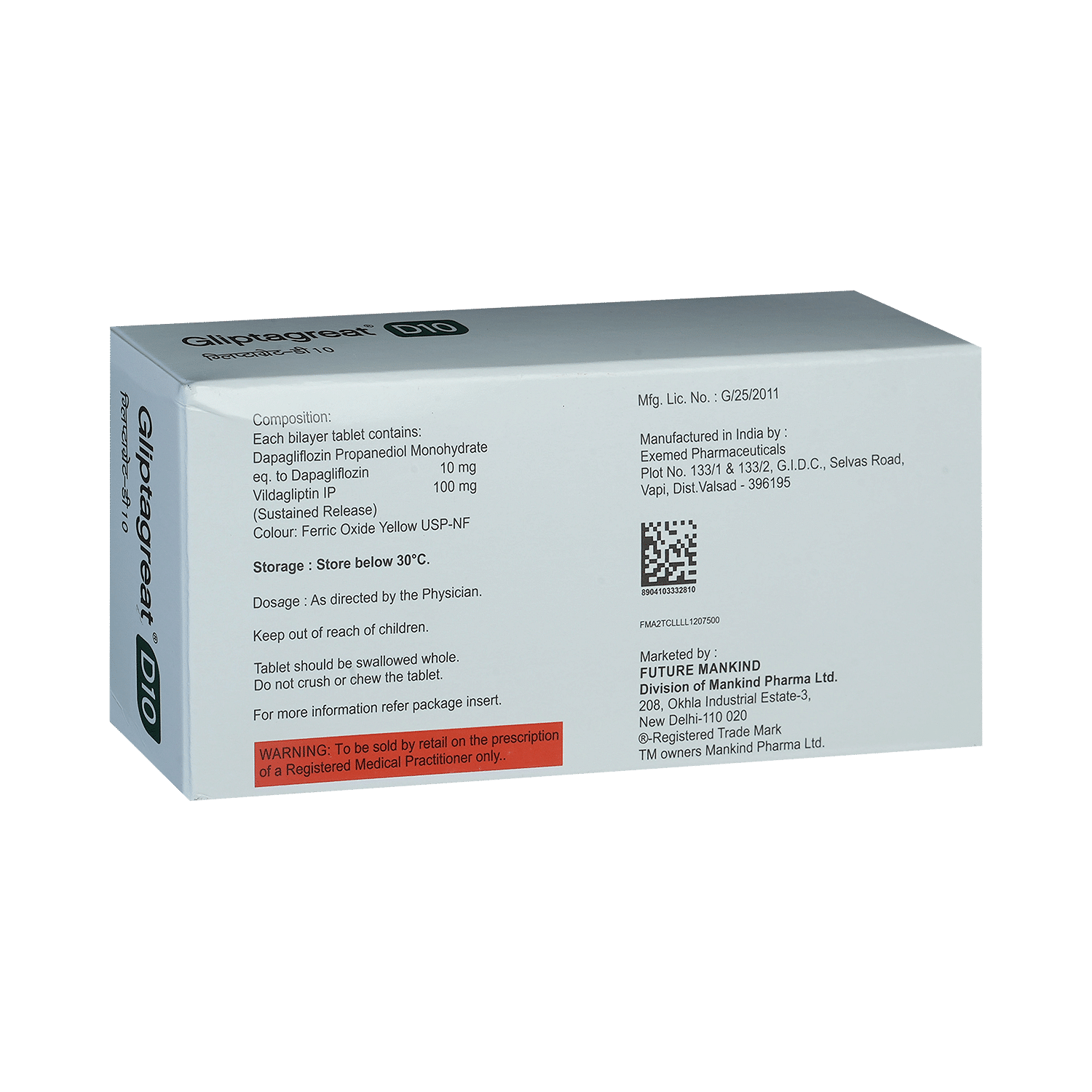
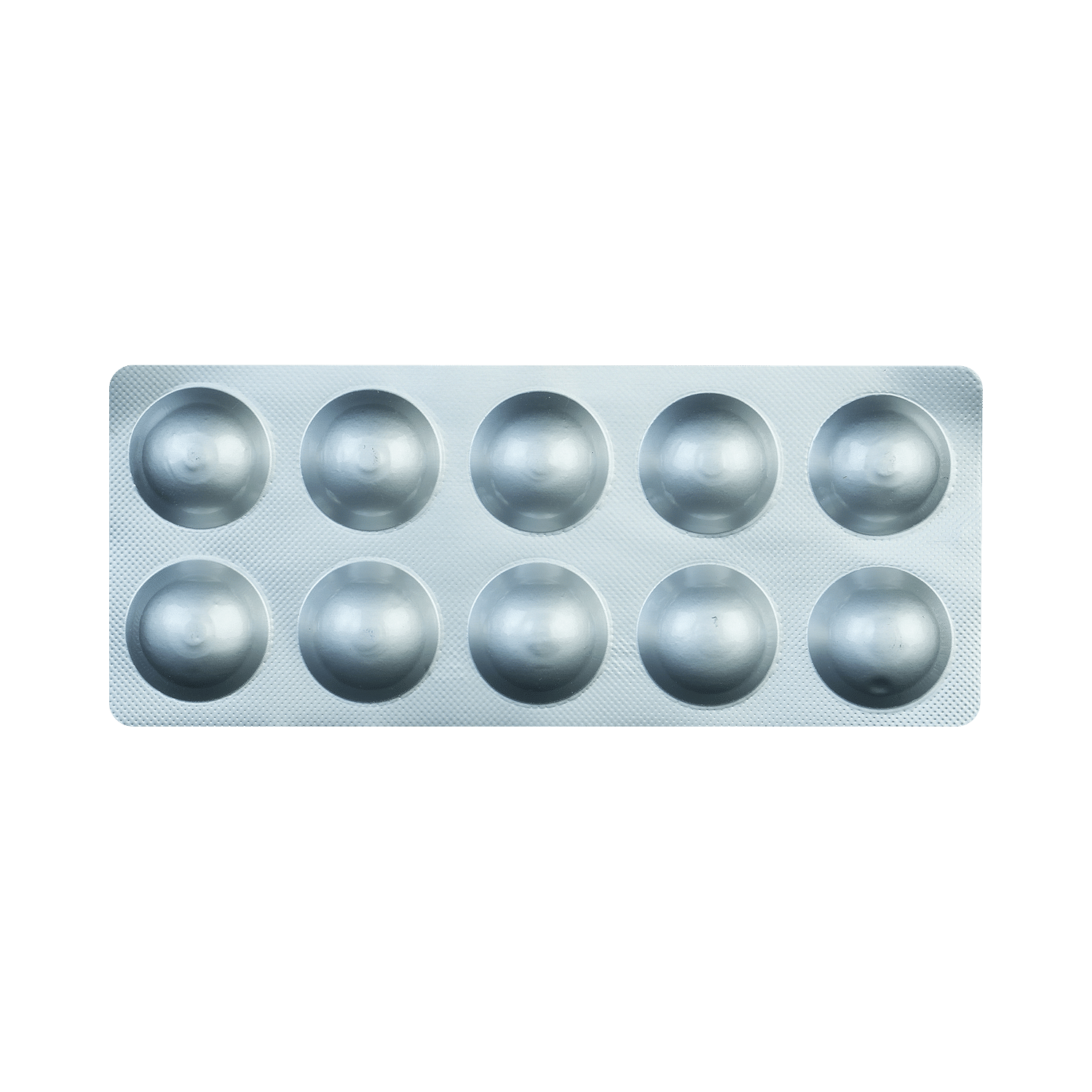
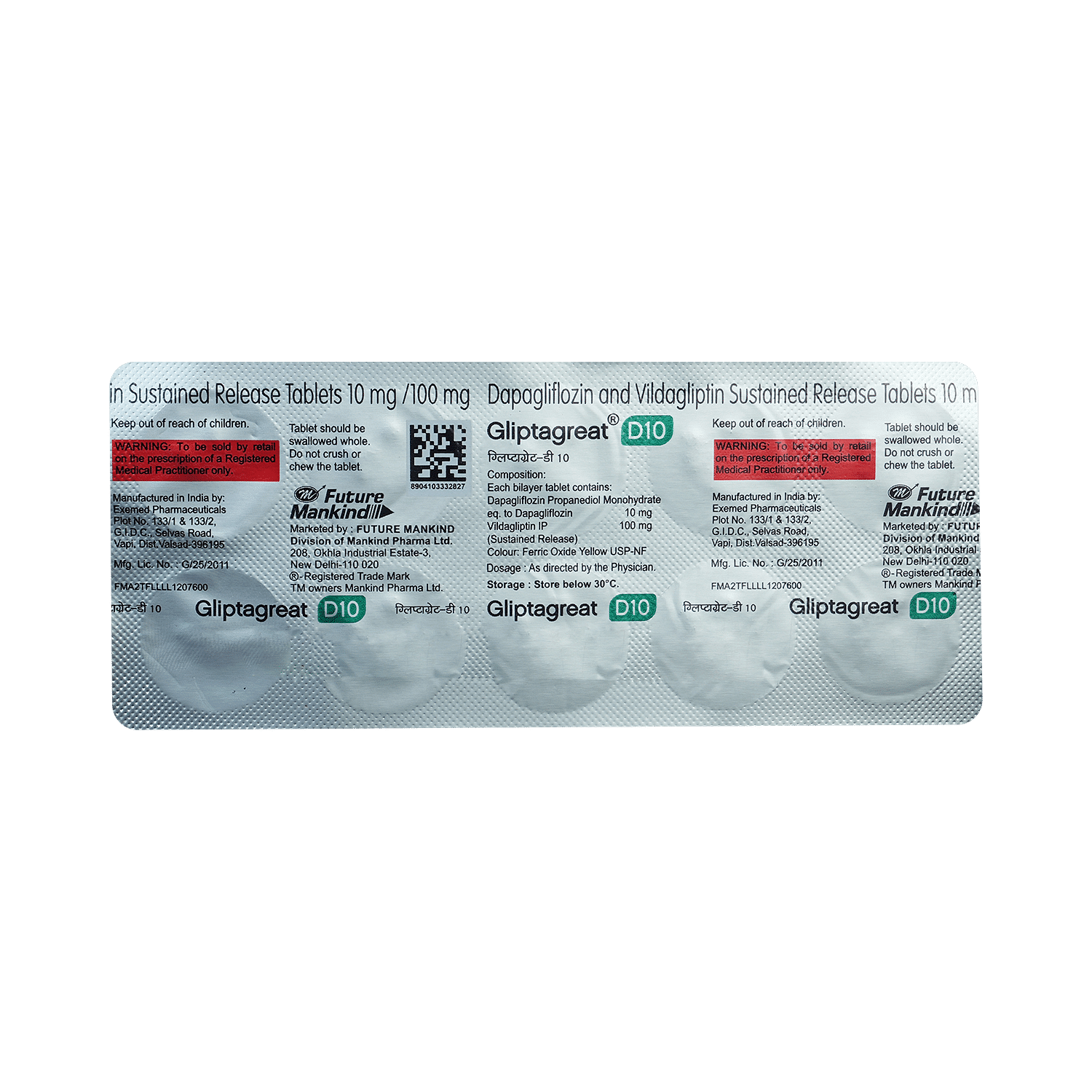
Gliptagreat D 10mg/100mg Tablet
Manufacturer
Mankind Pharma Ltd
Salt Composition
Dapagliflozin (10mg) + Vildagliptin (0mg)
Key Information
Short Description
Gliptagreat D 10mg/100mg Tablet is a combination medicine that helps control blood sugar levels in adults with type 2 diabetes mellitus.
Dosage Form
Tablet
Introduction
Gliptagreat D 10mg/100mg Tablet is a combination medicine that helps control blood sugar levels. This medicine is used together with diet and exercise to improve blood sugar control in adults with type 2 diabetes mellitus. It helps in proper utilization of insulin, thereby lowering the blood sugar level.
Directions for Use
Take this medicine in the dose and duration as advised by your doctor. Swallow it as a whole. Do not chew, crush or break it. Gliptagreat D 10mg/100mg Tablet may be taken with or without food, but it is better to take it at a fixed time.
How it works
Gliptagreat D 10mg/100mg Tablet is a combination of two antidiabetic medications. Dapagliflozin increases urinary glucose excretion and reduces blood glucose levels. Vildagliptin reduces the amount of glucose produced by the liver by raising insulin levels and decreasing the levels of the glucagon (the hormone that increases blood glucose level).
Quick Tips
Your doctor will monitor your blood sugar levels regularly while taking this medication. Hypoglycemia (low blood sugar level) may occur when taken along with other antidiabetic medicines, or on delaying/skipping a meal. Check your blood sugar levels and have a snack/sugar source for immediate relief. If you get unusually thirsty, pass urine more frequently, and feel tired, you should let your doctor know. These are signs of too much sugar in your blood and your dose may need adjusting. Lifestyle changes like a low-fat and salt diet, exercise, not smoking, and cutting down on the amount of alcohol you usually drink may help this medicine work better.
Related Medicines
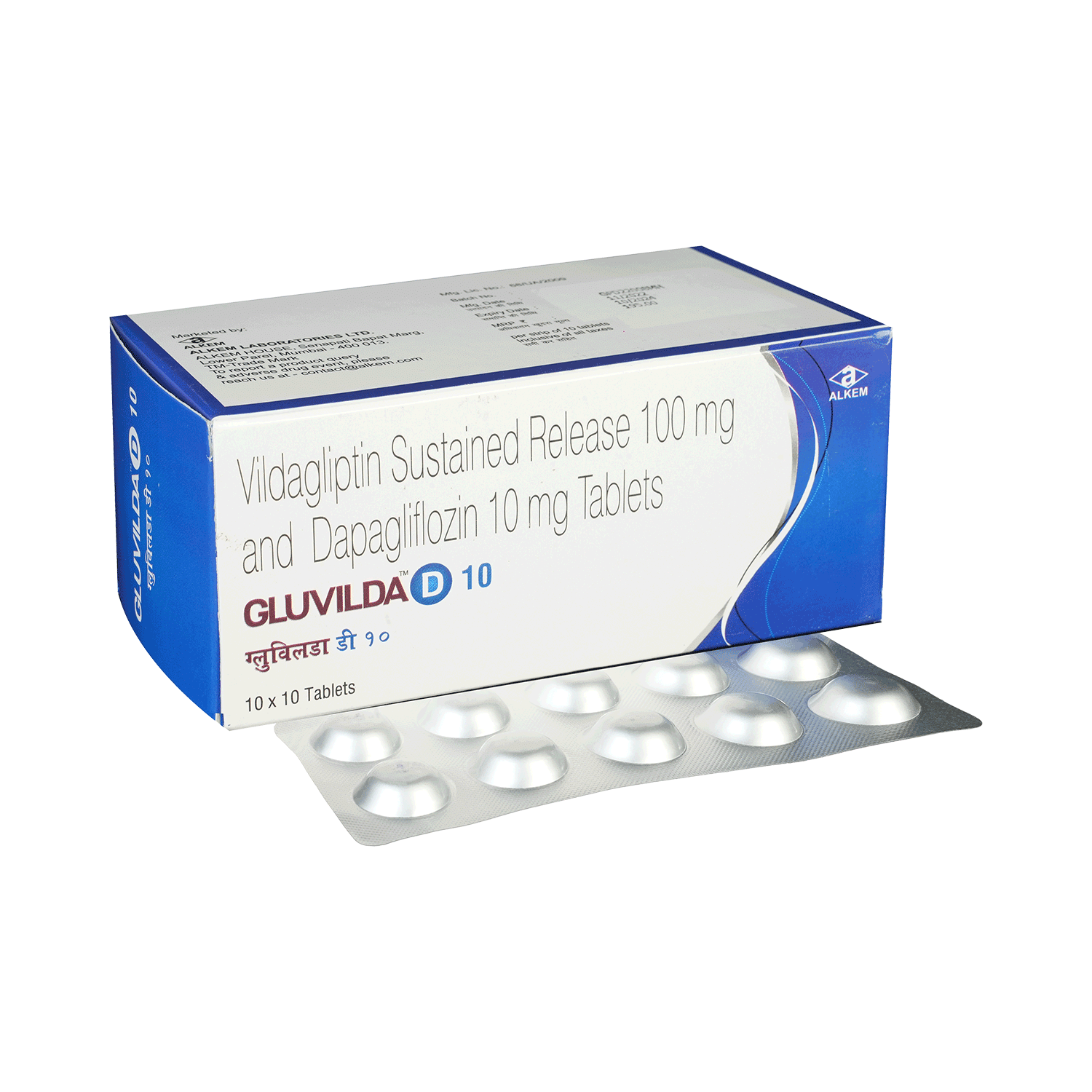
Gluvilda D 10mg/100mg Tablet
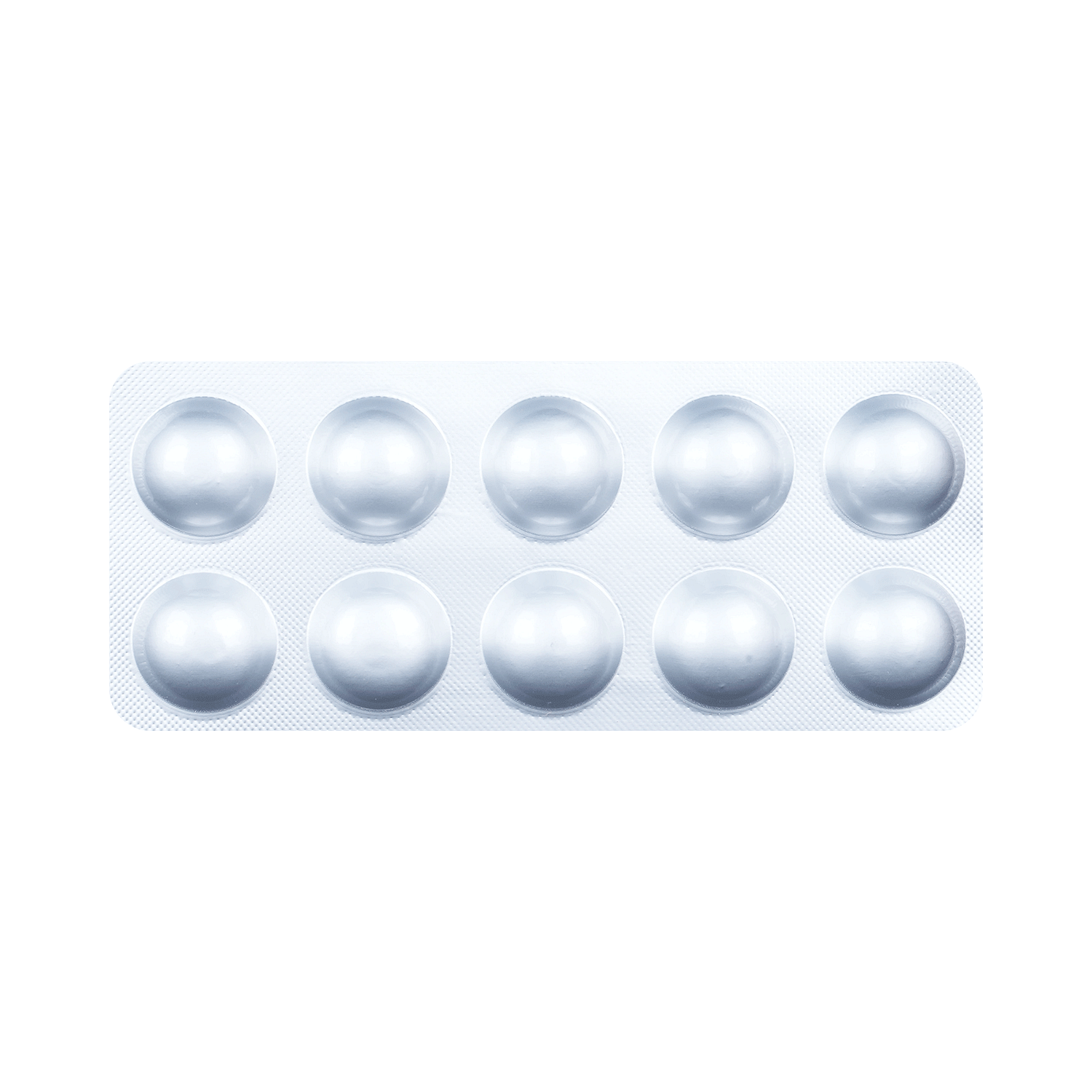
Zukanorm-D10 Tablet
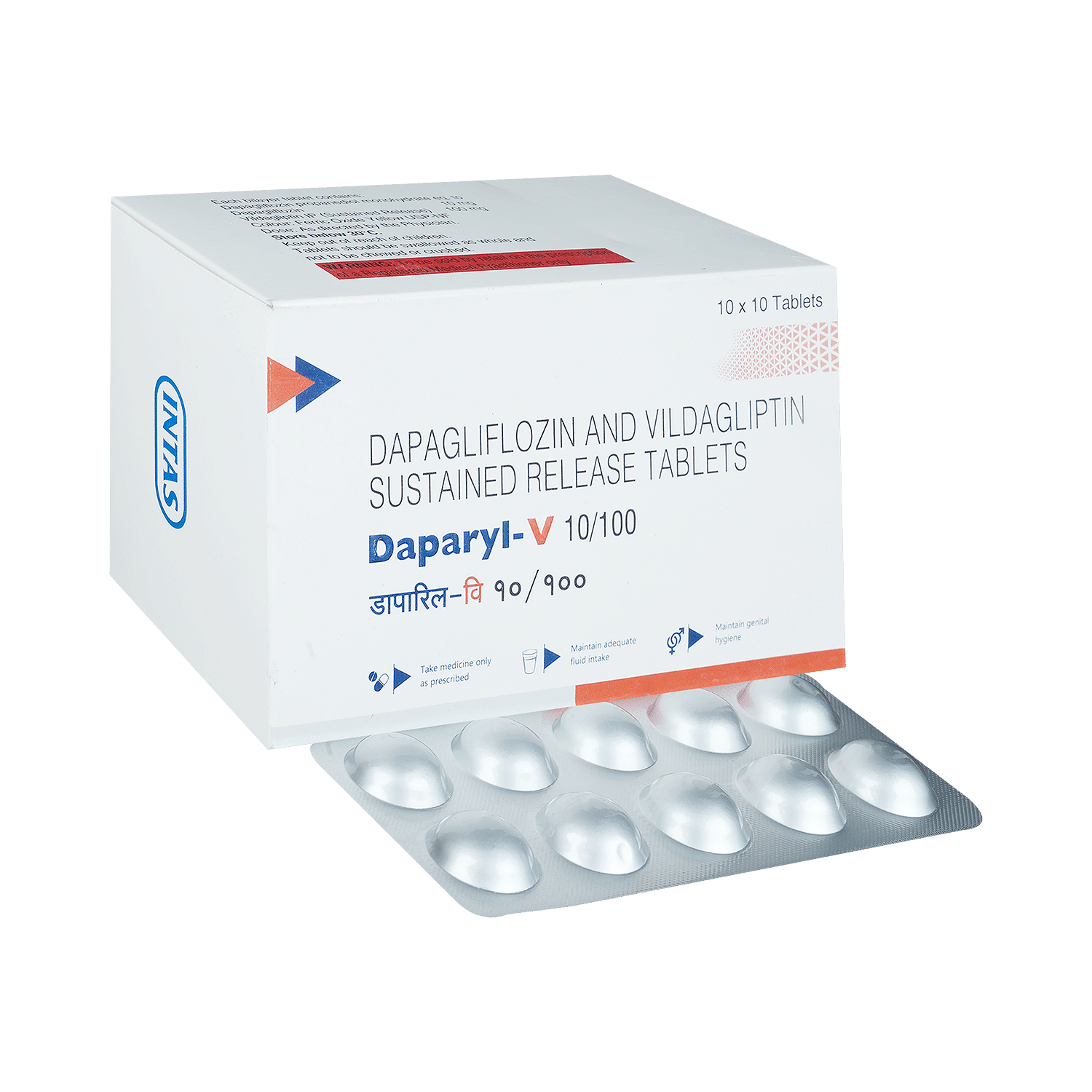
Daparyl V 10mg/100mg Tablet
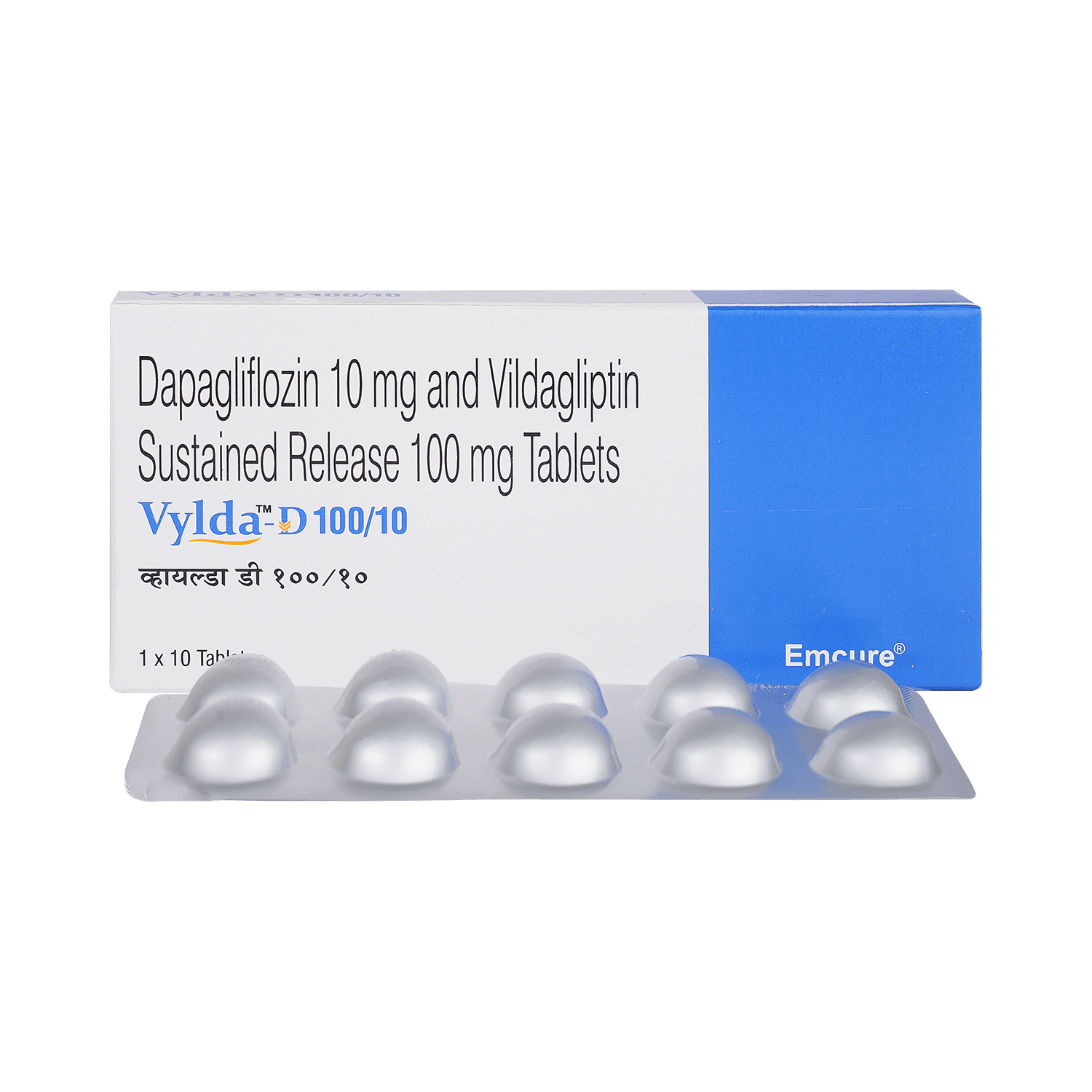
Vylda D 10mg/100mg Tablet
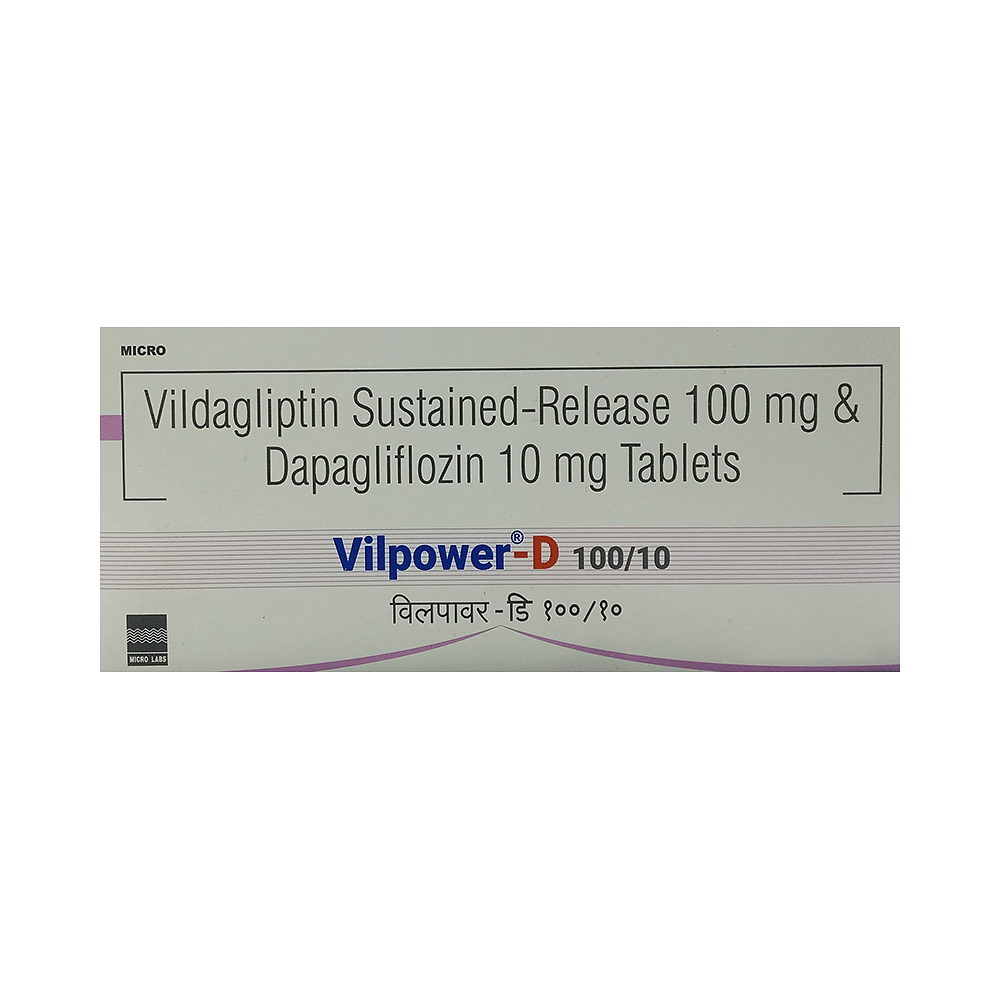
Vilpower-D 100/10 Tablet
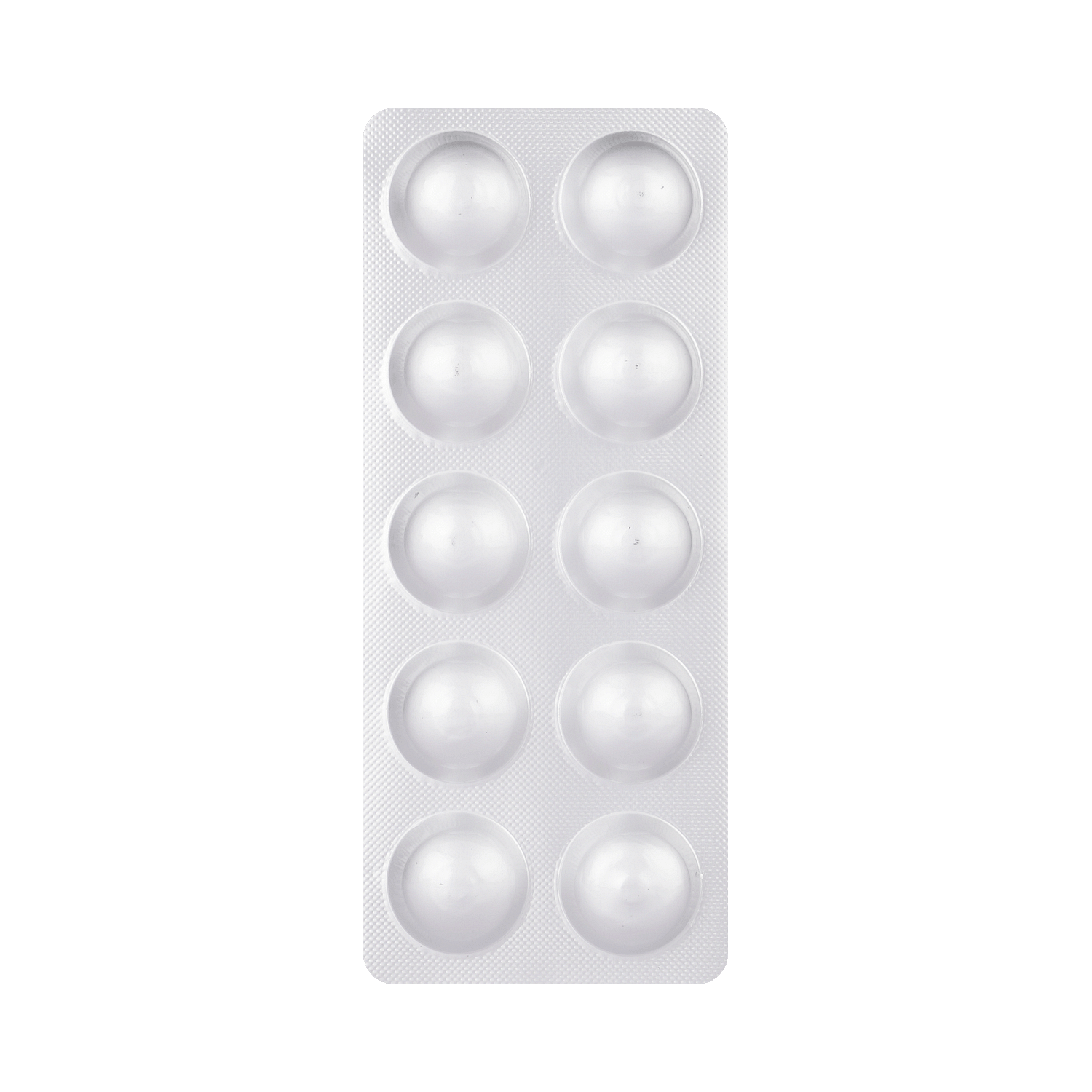
Vildapride-D 100mg/10mg Tablet

Dgson V 10mg/100mg Tablet

Okdefzin V 10mg/100mg Tablet

Glipacure D 10mg/100mg Tablet

Dapablis V 10mg/100mg Tablet
Frequently asked questions
Is Gliptagreat D 10mg/100mg Tablet safe to use?
Yes, Gliptagreat D 10mg/100mg Tablet is generally safe when used as directed by a doctor. However, it may cause some side effects. The best way to maximize its effectiveness is by using the correct dose and at the same time each day.
Can Gliptagreat D 10mg/100mg Tablet cause dizziness?
Yes, Gliptagreat D 10mg/100mg Tablet can cause dizziness as a possible side effect. If you experience this, sit or lie down until the symptoms subside. It's advisable to carry some sugary food or fruit juice with you in case of traveling and experiencing dizziness.
Can I stop taking Gliptagreat D 10mg/100mg Tablet tablet?
No, do not stop taking Gliptagreat D 10mg/100mg Tablet tablet without talking to your doctor first. Sudden discontinuation of this medication may worsen your diabetes. Inform your doctor if the symptoms bother you or there is no improvement in your condition. Your doctor may suggest other medications that could be more effective.
How can I get relief from diarrhea while taking Gliptagreat D 10mg/100mg Tablet?
Foods containing soluble fiber, such as bananas (ripe), oranges, boiled potatoes, white rice, curd, and oatmeal, can help relieve diarrhea. Diarrhea may also lead to dehydration; therefore, it's essential to drink 8-10 glasses of water to prevent dehydration. You can also consume soups and juice frequently.
I am experiencing nausea while on Gliptagreat D 10mg/100mg Tablet, is this related to the medication?
Nausea is a common side effect of this medication. Eating smaller portions more frequently can help reduce feelings of nausea. Avoid foods that are salty, spicy, fried, or fatty.
Can people with diabetes consume protein?
Yes, individuals with diabetes should include protein as part of their daily diet alongside other essential nutrients. Proteins play a crucial role in providing energy and supporting the body's structure. Moreover, proteins break down into glucose to release energy, although this process is slower compared to carbohydrates.
Are artificial sweeteners suitable for individuals with diabetes?
No, artificial sweeteners are not recommended for people with diabetes as they can cause side effects like mild to severe adverse reactions. It's advisable to limit or avoid their use as much as possible.
Can diabetes lead to kidney failure?
Yes, uncontrolled diabetes can increase the risk of developing kidney failure. Over time, diabetes can damage the kidneys, leading to a condition called diabetic nephropathy. Diabetic nephropathy is one of the leading causes of kidney failure in individuals with diabetes. Maintaining proper blood sugar control through lifestyle changes, dietary adjustments, regular monitoring, and adherence to prescribed medications can help protect your kidneys.
Is diabetes curable?
Diabetes is a condition that affects blood glucose levels. If left untreated, it can lead to serious complications affecting the heart, brain, kidneys, and eyes. However, with lifestyle changes, diet management, medication, and regular monitoring, individuals can effectively manage their condition and live healthy lives.


